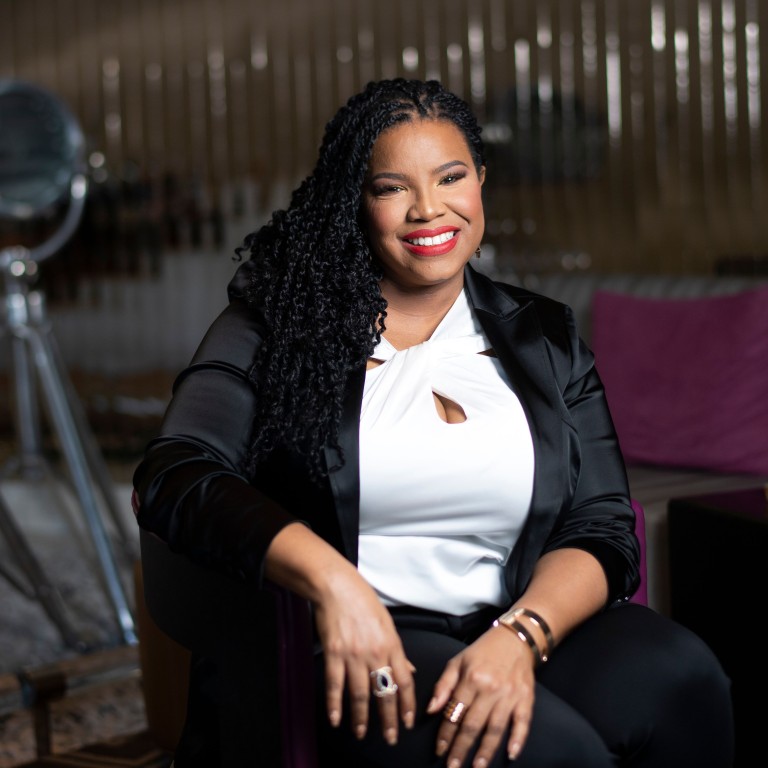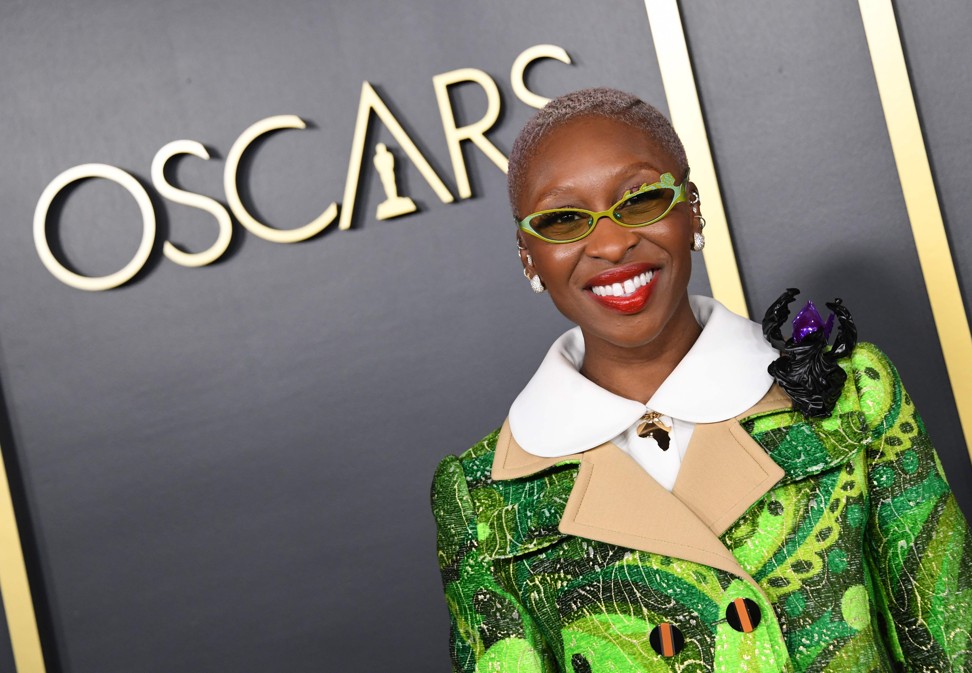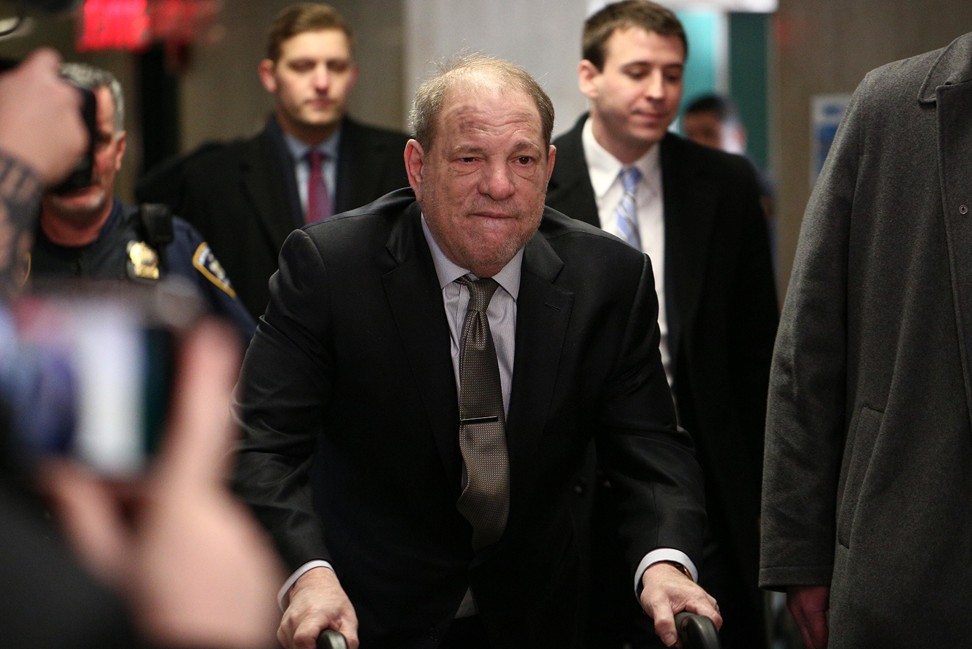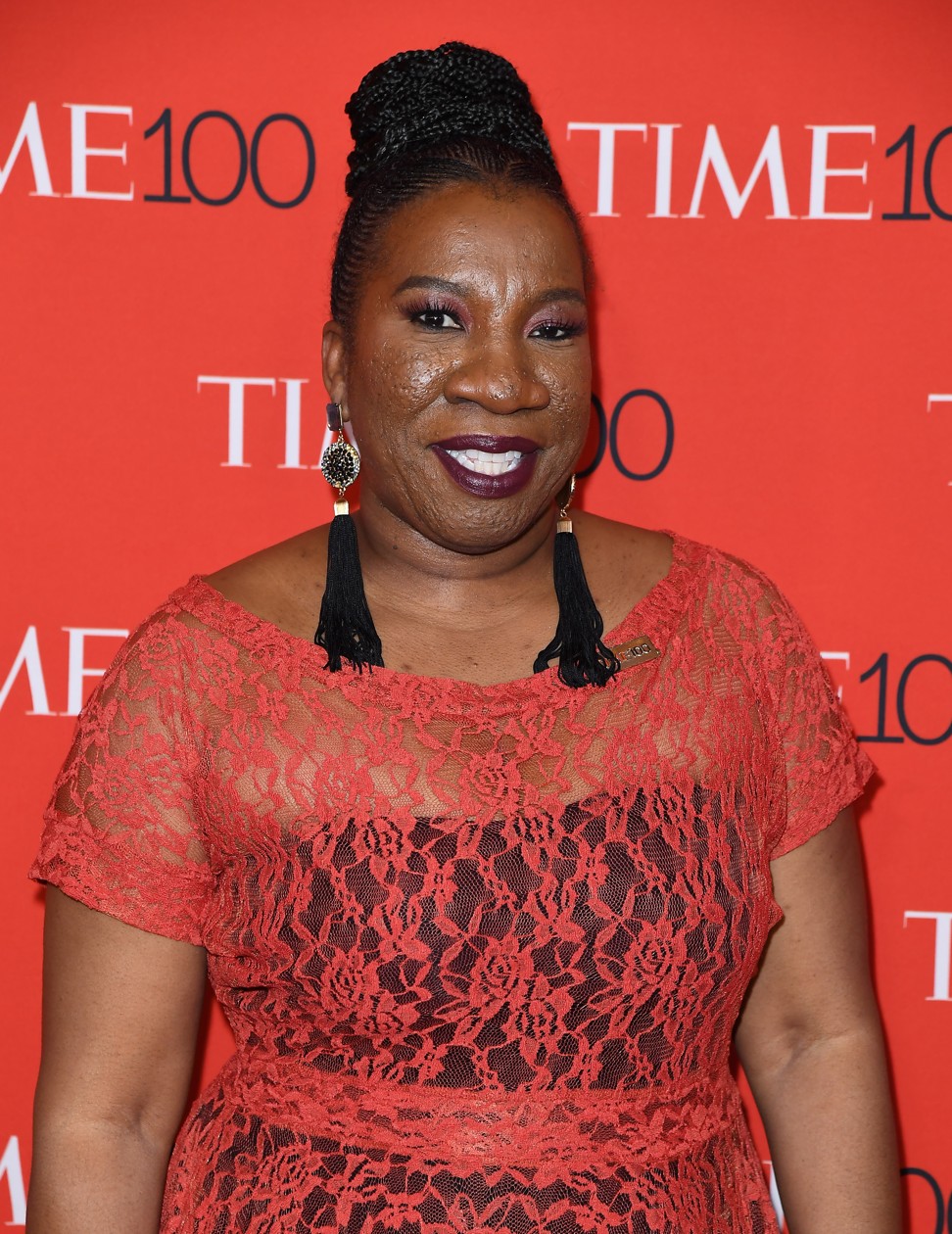
Hollywood diversity campaigner and #OscarsSoWhite creator on forcing change in the movie business
- April Reign’s 2015 viral hashtag that became a universal call for more diversity at the Oscars and in Hollywood is more relevant than ever today
- Other notable social media campaigns including #MeToo and #PayUpHollywood show how going viral could be the best way to make change happen in the film industry
April Reign remembers precisely where she was in January 2015 when she launched the #OscarsSoWhite movement with a simple, offhand tweet.
“I’d love to have a sexy story that I was sitting in a board room ideating and strategising,” she says. “But no – I was half-dressed in my family room, to be very frank. I picked up my phone and wrote, ‘#OscarsSoWhite they asked to touch my hair.’ That was it.”
Within hours, the tweet – sent from Washington, as Reign followed the Oscar nominations announcement over breakfast and realised all 20 best actor nominees were white – had gone viral worldwide.

But the hashtag made an unwelcome return to Twitter last month as the 2020 Oscar shortlists were announced by the Academy of Motion Picture Arts and Sciences.
Cynthia Erivo was the only non-white actress to earn a nomination, for anti-slavery biopic Harriet. All of the male acting nominees were white.
Industry website Deadline Hollywood called the announcement “basically #OscarsSoWhite Part 2”.
Bafta organisers called it “disappointing” that there were no performers of colour among the acting nominees, who are chosen by 6,500 academy members who work in the UK and international film industry.
The rising star award – the one trophy decided by the public – went to black British actor Micheal Ward.

The Oscar nominations were no great surprise for Reign, a former Washington campaign finance lawyer who quit her job in the US capital and now works on inclusion and representation issues full-time.
“We are now in year six, and every single year #OscarsSoWhite is mentioned again,” she says.
“I would love to see an end point – but the end comes when we no longer have to talk about issues of inclusion and representation.”
Underlying Reign’s viral message about the Oscars is a much more expansive campaign to force Hollywood to boost diversity, broaden its horizons and stop relying on old habits and closed-shop networks.
It’s going to be shame and reputation that’s going to be the real mover and shaker
Reign says this is something studios have shown themselves incapable, or unwilling, to do.
“Outside activists or advocates are incredibly important – to say, you know, we’re out here, we want to be represented,” she says.
“I think that there is something interesting about speaking truth to power from the outside.”
Reign points out that campaigners such as singer Harry Belafonte and actress Rita Moreno have been banging the diversity drum in entertainment for decades.
But the “significant and undeniable power of social media” – particularly its high levels of engagement – make the message harder to ignore these days.
Beside the sheer weight of numbers a viral campaign can attract, activists believe they can succeed by exposing the dirty secrets of the industry and its gatekeepers.

For Reign, spreading awareness about the Oscar-voting academy is key. Membership is 84 per cent white, 68 per cent male, and voters are not required to watch every nominated movie.
“Why do regular audience members – who are much more diverse – care what older white men think is the best movie of the year?” she says, noting the Oscars’ falling viewership.
Progress so far is slow, but evident. Since 2015, the academy has made concerted efforts to broaden its membership.
The annual intake of new members reached 50 per cent female for the first time in 2019, while non-white membership has doubled in five years. But less than one-third admitted were non-white.
“The curtain has been pulled back, right? And we see what the Wizard of Oz looks like,” Reign says.

More recently, a group of Hollywood writers and podcasters have coined the hashtag #PayUpHollywood in a bid for better treatment of put-upon assistants.
“By screwing the assistants, treating them badly, and not giving them enough money, we’re keeping them white and wealthy,” says co-founder Deirdre Mangan, pointing to skyrocketing rents in Los Angeles.
For the #PayUpHollywood campaigners, a survey showing dozens of assistants had experienced objects hurled at them by bosses created headlines – and a handful of agencies quickly upped wages.
The topic is now the focus of a new film, The Assistant, starring Emmy winner Julia Garner (Ozark).
Mangan, a TV producer and writer, says the industry’s elites worry about their reputations.
“Their identity and how they’re seen by other people is the most important … thing to them, and this industry draws personality disorders like a magnet,” she says.
“It’s going to be shame and reputation that’s going to be the real mover and shaker.”
Additional reporting by AP

.png?itok=arIb17P0)